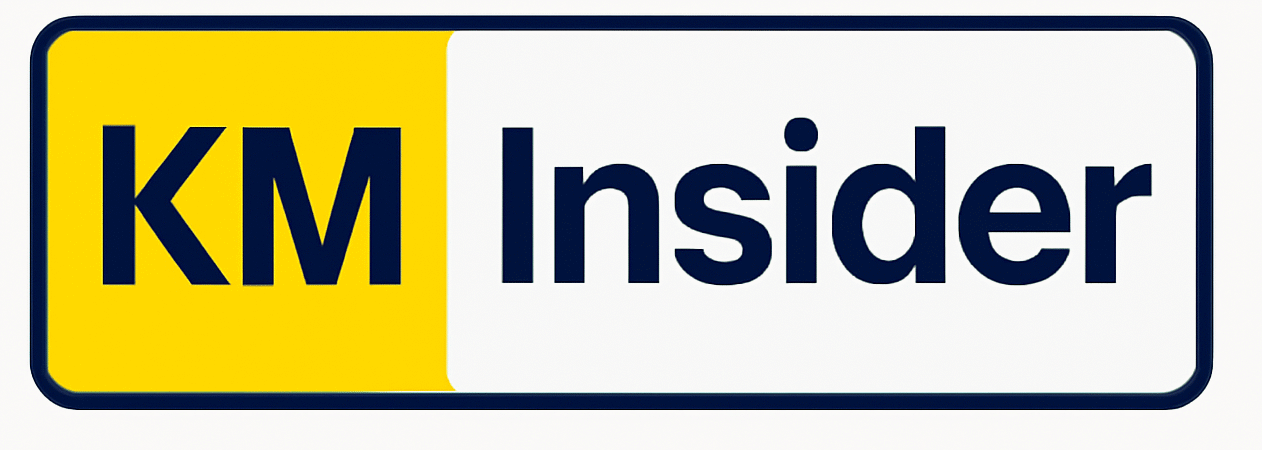Vector Databases for KM Professionals: A Non-Technical Guide to Semantic Infrastructure
The search box has become a symbol of organizational frustration. Knowledge workers accustomed to the telepathic responsiveness of consumer search engines encounter enterprise systems that return hundreds of irrelevant results or miss entirely the documents that perfectly match their intent. The vocabulary problem sabotages retrieval: the engineer searches for “thermal runaway” while the safety manual … Read more
